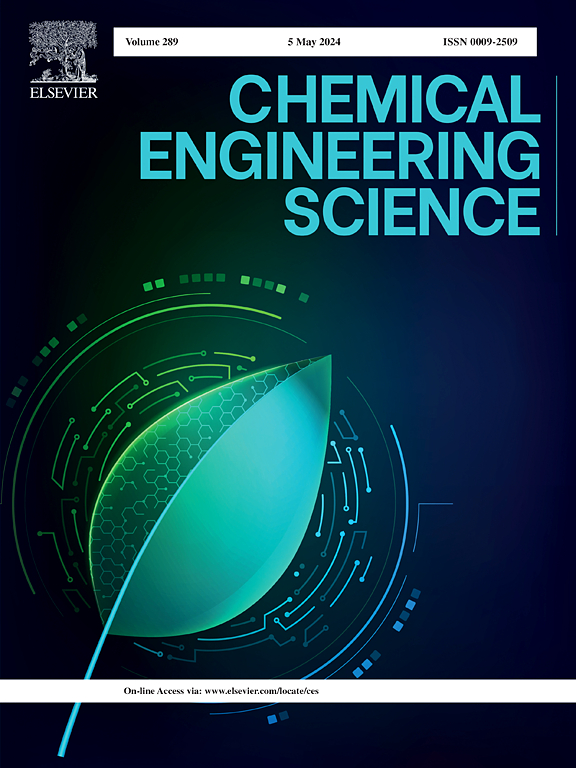Discovery of classical gas-solid flow correlations using a reinforcement learning-based symbolic regression framework
IF 4.1
2区 工程技术
Q2 ENGINEERING, CHEMICAL
引用次数: 0
Abstract
Empirical correlations are extensively applied to predict minimum fluidization velocity in gas–solid flow systems; however, their generalizability and physical consistency remain limited under complex conditions. This work integrates a deep reinforcement learning-based symbolic regression framework, Physical Symbolic Optimization (PhySO), to rediscover and improve classical correlations. A systematic benchmark comprising eleven representative expressions across four correlation categories was established, incorporating domain knowledge such as dimensionless numbers and dimensional homogeneity to constrain the search space.The proposed framework yielded compact and physically consistent expressions that retained key features of classical models. For complex formulations, such as the Ergun correlation, expression complexity was reduced from 24 to 14 while maintaining high predictive accuracy (R2 = 0.9930). Performance across multiple random seeds confirmed the model’s stability, and tests under noise levels up to 10 % demonstrated strong robustness. These findings demonstrate the potential of physics-informed symbolic regression as an interpretable and reliable alternative to conventional or black-box models for multiphase flow prediction.使用基于强化学习的符号回归框架发现经典气固流动相关性
经验关联被广泛应用于预测气固流动系统的最小流化速度;然而,在复杂条件下,它们的通用性和物理一致性仍然有限。这项工作集成了一个基于深度强化学习的符号回归框架,物理符号优化(PhySO),以重新发现和改进经典相关性。建立了包含四个相关类别的11个代表性表达式的系统基准,并结合无量纲数和维度同质性等领域知识来约束搜索空间。提出的框架产生了紧凑和物理一致的表达式,保留了经典模型的关键特征。对于复杂的公式,如二根相关,表达式复杂度从24降低到14,同时保持较高的预测精度(R2 = 0.9930)。跨多个随机种子的性能证实了模型的稳定性,并且在高达10 %的噪声水平下的测试显示出很强的鲁棒性。这些发现证明了物理信息符号回归作为一种可解释和可靠的多相流预测替代传统模型或黑盒模型的潜力。
本文章由计算机程序翻译,如有差异,请以英文原文为准。
求助全文
约1分钟内获得全文
求助全文
来源期刊

Chemical Engineering Science
工程技术-工程:化工
CiteScore
7.50
自引率
8.50%
发文量
1025
审稿时长
50 days
期刊介绍:
Chemical engineering enables the transformation of natural resources and energy into useful products for society. It draws on and applies natural sciences, mathematics and economics, and has developed fundamental engineering science that underpins the discipline.
Chemical Engineering Science (CES) has been publishing papers on the fundamentals of chemical engineering since 1951. CES is the platform where the most significant advances in the discipline have ever since been published. Chemical Engineering Science has accompanied and sustained chemical engineering through its development into the vibrant and broad scientific discipline it is today.
 求助内容:
求助内容: 应助结果提醒方式:
应助结果提醒方式:


